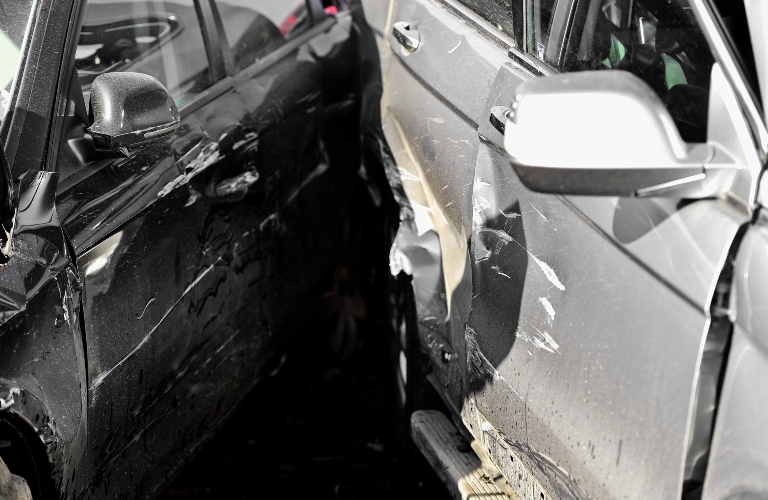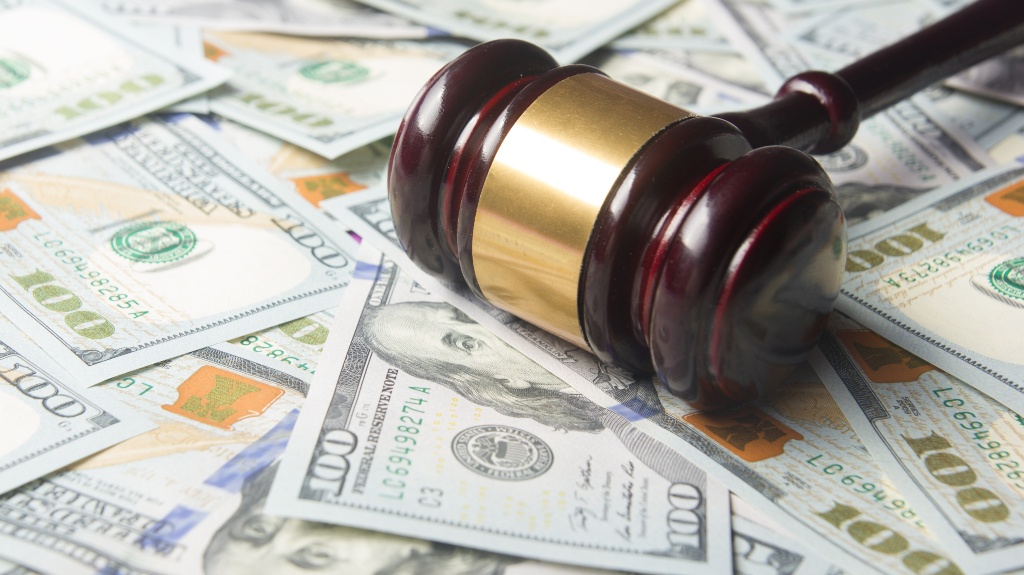Who Pays for Car Damage in a No-Fault State in Florida?
Florida operates under a no-fault car insurance system, which can make determining financial responsibility for vehicle damage a bit more complex compared to at-fault states. Understanding who pays for car damage in a no-fault state like Florida requires a solid grasp of how the system works and what insurance coverage comes into play.
At High Stack Law, our dedicated Florida car accident attorneys can help you investigate your case and seek the financial compensation you are owed. You may be entitled to significant monetary damages for your injuries, property damage, and more.
Florida’s No-Fault System Explained
Under Florida’s no-fault insurance laws, drivers are required to carry personal injury protection (PIP) coverage. This type of coverage ensures that in the event of an accident, each party’s medical bills and lost wages are covered by their own insurance company—regardless of who caused the accident. However, no-fault laws in Florida apply only to personal injuries, not property damage. When it comes to car damage, the process differs.
Property Damage Liability Insurance in Florida
Florida drivers are also required to carry property damage liability (PDL) insurance. This coverage pays for damage to another person’s vehicle or property if you are deemed at fault for an accident. In other words, the driver who caused the accident is responsible for paying for car damage through their insurance, even in a no-fault state.
For example, if you rear-end another car, your property damage liability insurance would cover the repair costs for the other vehicle. If the other driver caused the accident, their property damage liability insurance should pay for your vehicle’s repairs.
How Fault Impacts Property Damage Claims
While the no-fault system eliminates the need to establish fault for injury claims, fault is still a critical factor in property damage claims. Insurance companies will typically investigate the accident to determine who was responsible. This determination of fault then dictates which insurance policy will cover the vehicle damage.
If fault is disputed, the insurance companies may negotiate or use accident evidence, such as police reports or witness statements, to resolve the issue. In some cases, disputes may escalate to legal proceedings.
What Happens if the At-Fault Driver Is Uninsured?
If the at-fault driver does not have property damage liability insurance, or if their coverage is insufficient to cover the damage, you may need to rely on your own insurance policy for compensation. This is where collision coverage and uninsured/underinsured motorist coverage come into play.
- Collision Coverage: This optional insurance covers your vehicle’s repair costs, regardless of who caused the accident. If the other driver is uninsured, you can file a claim under your collision coverage, though you will typically need to pay a deductible.
- Uninsured/Underinsured Motorist Coverage (UM/UIM): This type of coverage protects you in scenarios where the at-fault driver cannot fully compensate you for your losses. While UM/UIM coverage is not mandatory in Florida, it is highly recommended for additional peace of mind.
Filing a Claim for Car Damage in Florida
If your vehicle has been damaged in an accident, these steps can help:

- Contact Your Insurance Company: Report the accident promptly, even if you believe the other driver is at fault.
- Gather Evidence: Take photos of the damage, obtain the police report, and collect contact information from the other driver and any witnesses.
- Obtain Repair Estimates: Get an estimate from a reputable auto repair shop to determine the cost of repairs.
- Negotiate With Insurers: If the other driver’s insurance accepts liability, they should cover the repair costs. If fault is disputed, you may need to involve your insurance company or seek legal advice.
Speak with a Highly Qualified Florida Car Accident Lawyer Today
In Florida, the no-fault insurance system governs personal injury claims, but car damage claims operate under a traditional fault-based model. The at-fault driver is responsible for covering property damage, and their insurance typically pays for the repairs. However, gaps in coverage, fault disputes, or uninsured drivers can complicate matters, making it important to understand your policy and optional coverages like collision and UM/UIM insurance.
Speak with the Florida car accident lawyers at High Stack Law for help. Contact us today for a consultation of your case.
